
• Globalization and TradeGlobalización y comercioInequalityLa DesigualdadIntellectual PropertyPropiedad Intelectual

Read More Leer más Join the discussion Participa en la discusión
• Economic Crisis and RecoveryCrisis económica y recuperaciónInequalityLa Desigualdad

Read More Leer más Join the discussion Participa en la discusión
• Affordable Care ActEconomic Crisis and RecoveryCrisis económica y recuperaciónInequalityLa DesigualdadIntellectual PropertyPropiedad Intelectual
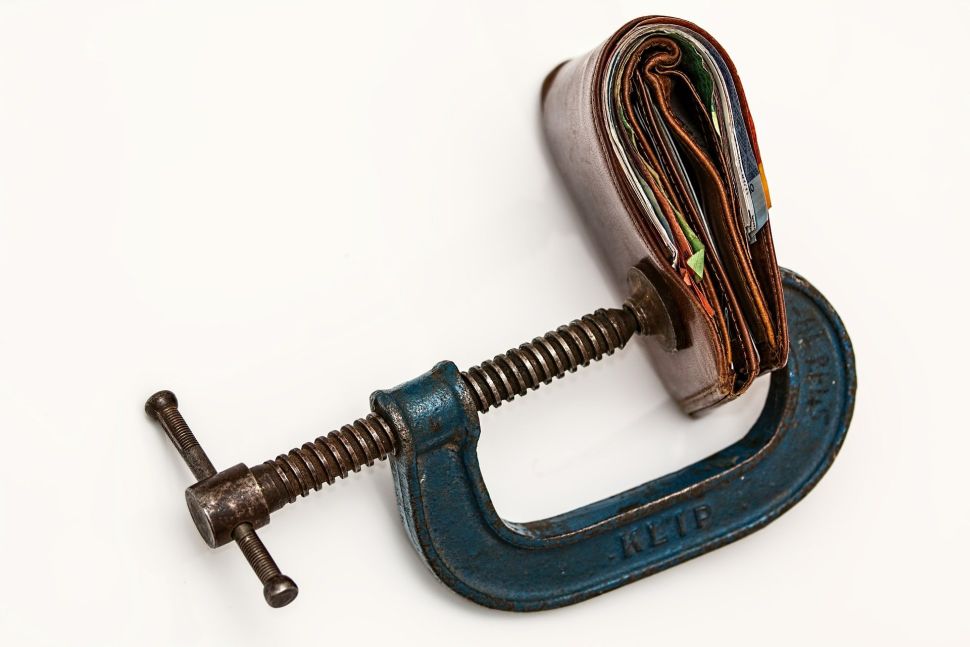
Read More Leer más Join the discussion Participa en la discusión
Read More Leer más Join the discussion Participa en la discusión
• Economic Crisis and RecoveryCrisis económica y recuperaciónInequalityLa Desigualdad
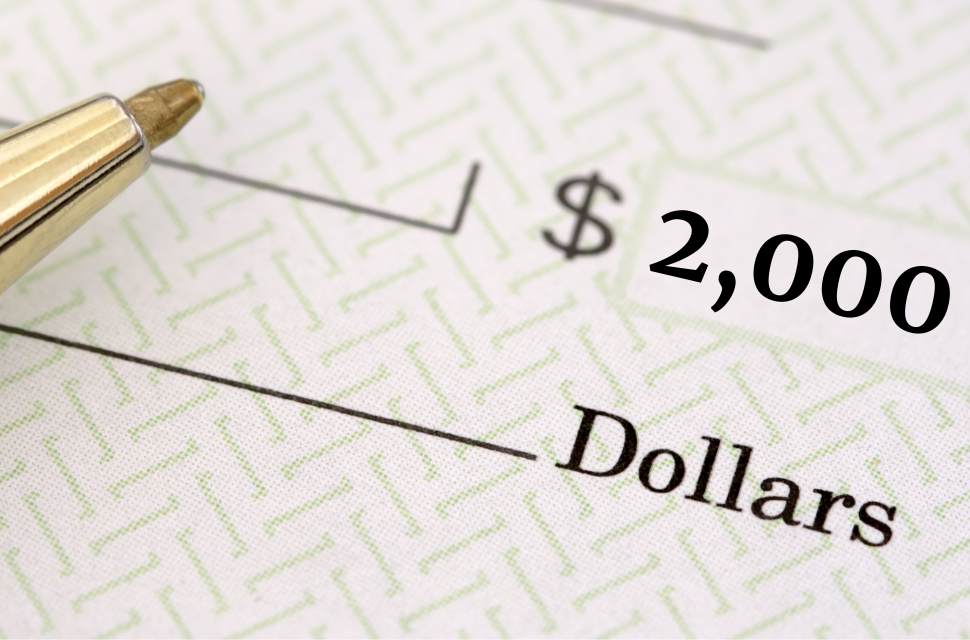
Read More Leer más Join the discussion Participa en la discusión
• Globalization and TradeGlobalización y comercioInequalityLa DesigualdadIntellectual PropertyPropiedad Intelectual
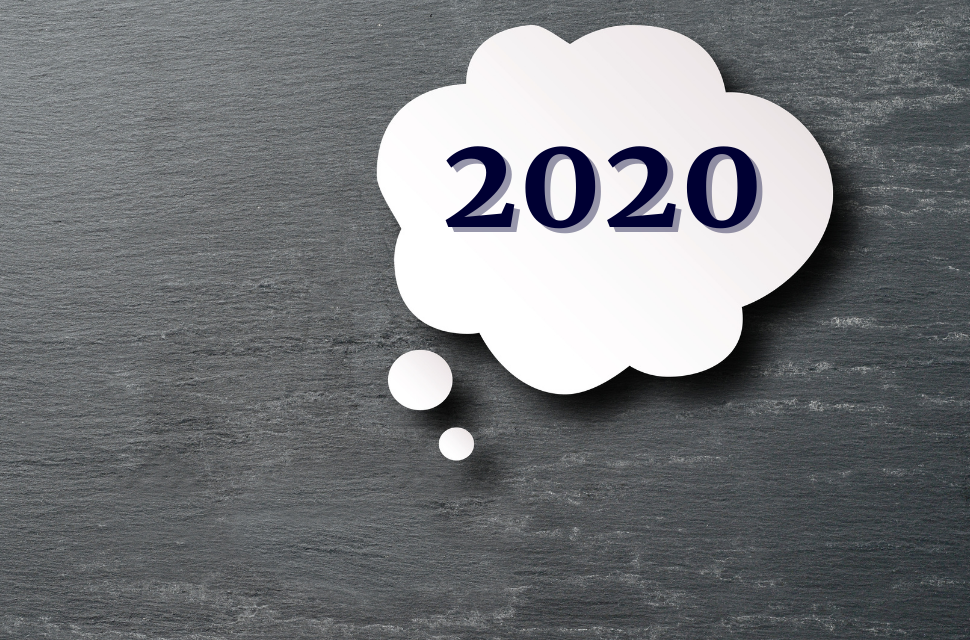
Read More Leer más Join the discussion Participa en la discusión
• COVID-19CoronavirusEconomic Crisis and RecoveryCrisis económica y recuperación

Read More Leer más Join the discussion Participa en la discusión
• COVID-19CoronavirusInequalityLa DesigualdadIntellectual PropertyPropiedad Intelectual

Read More Leer más Join the discussion Participa en la discusión
• Globalization and TradeGlobalización y comercio
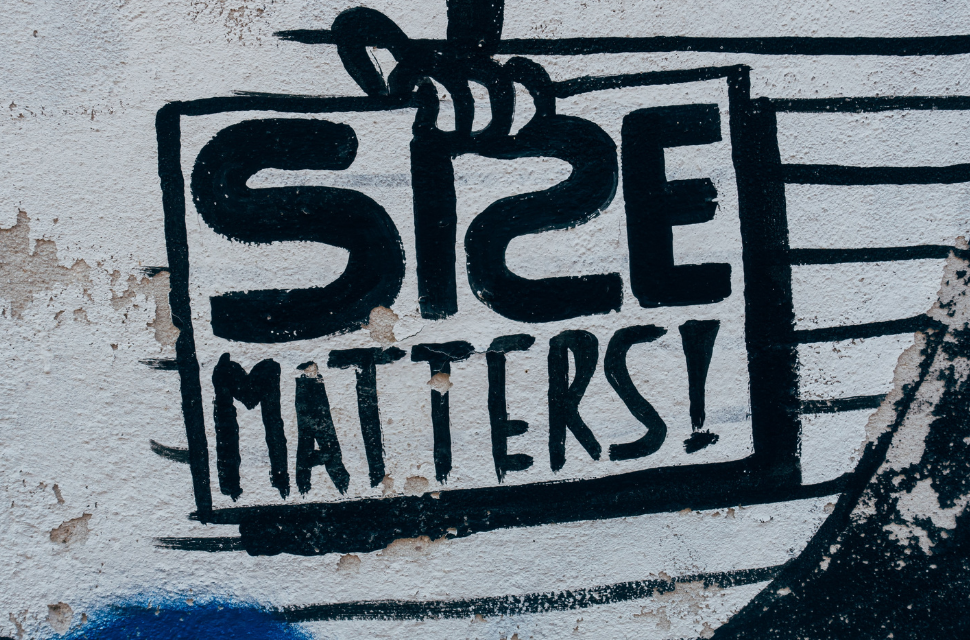
Read More Leer más Join the discussion Participa en la discusión
• Economic Crisis and RecoveryCrisis económica y recuperaciónInequalityLa Desigualdad
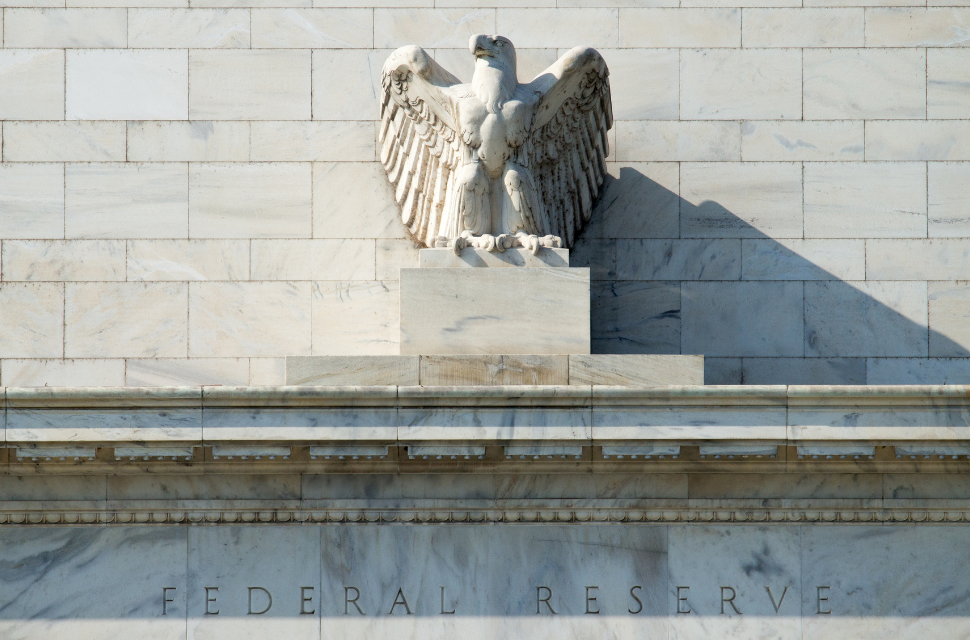
Read More Leer más Join the discussion Participa en la discusión
